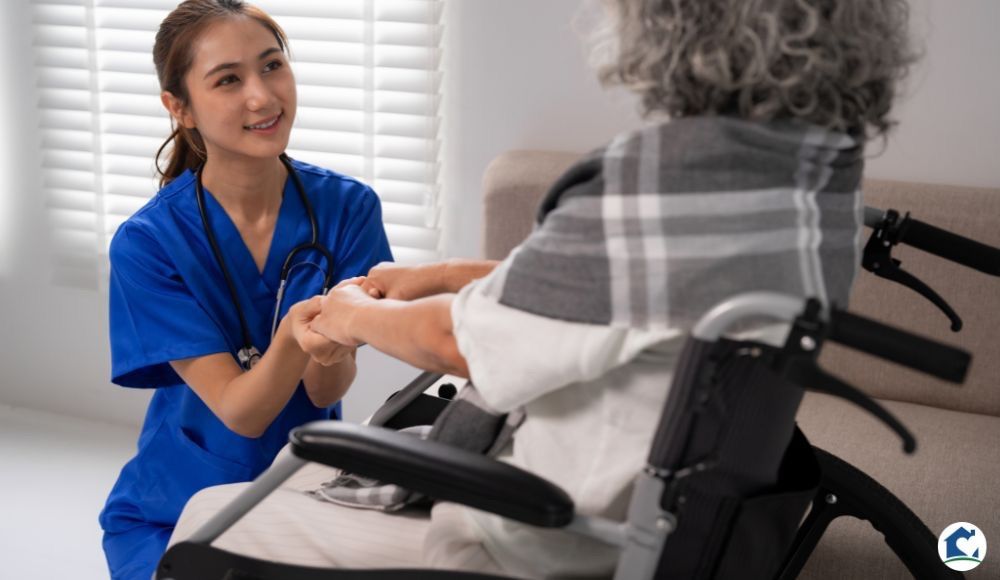How to Stay Safe from Scams that Target Older People
In the last few years, scams targeting seniors receiving home health care have become more widespread. Scammers sometimes see older people as easy targets and use fear, urgency, or emotional manipulation to get them to give them money or personal information. Even though these scams can be pretty clever, knowing the symptoms and taking a few simple safety steps will help keep you and your loved ones safe.
Recognize Common Scam Tactics Like Phishing
Knowing how scammers work is one of the best strategies to avoid getting scammed. One of the most common ways to trick people is to send them emails, text messages, or even pop-up notifications that appear to come from banks, government organizations, or companies they know. These messages usually have a link or attachment that takes you to a phony website that tries to steal your login information or put malware on your system.
Another significant hazard is phone fraud. Callers might say they're from the Internal Revenue Service, your utility company, or even a grandchild in trouble. They usually try to get you to make quick decisions, such as paying a late bill, giving them your Social Security number, or wiring money.
Stop and think before you act if a message or call seems strange. Legitimate businesses will never ask for personal information or payment right away over the phone or by email.
Report Suspicious Calls or Emails Immediately
It's crucial to report a call or message right away if you think it might be a scam. Not only does this help keep you safe, but it can also prevent others from falling for the same scam.
Older adults can report scams to the National Elder Fraud Hotline at 833-FRAUD-11 or 833-372-8311. This hotline is a no-cost resource staffed by those experienced in working with older adults.
If you get any emails, phone calls, or messages that seem odd, write them down. These details can help the police with their investigation.
Never Share Personal Information Over the Phone
It's a good idea to never give out personal or financial information unless you started the conversation. Scammers typically tell believable stories to get you to trust them or scare you enough to give them personal information like your credit card number, SSN, or bank account number.
If someone calls and says they are from a trusted group, hang up and phone the number on their website to confirm the request. Also, don't click on links in emails or messages that you didn't ask for. Instead, go straight to the organization's website.
A good rule of thumb is simple: never share personal or financial information.
Contact Us for More Tips on Avoiding Scams While Living Independently
Phoebe Ministries is a home care agency serving Berks, Bucks, Lehigh, and Northampton counties. We offer several options—from in-home care assistance to independent living communities—to ensure you or a loved one can continue living safely and independently.
Call us today at 610-625-5206 or connect with us online to learn more!












